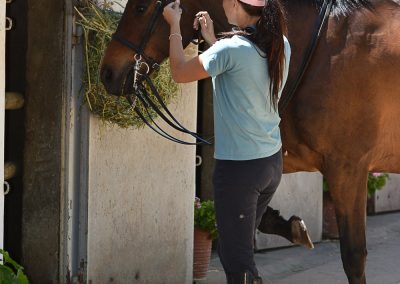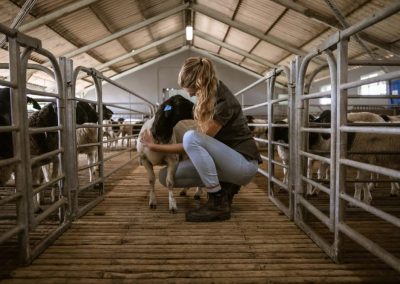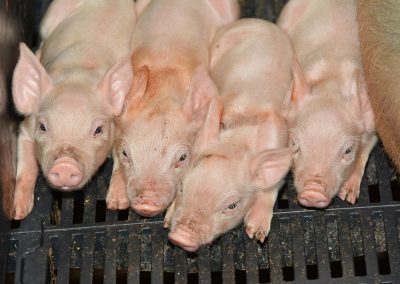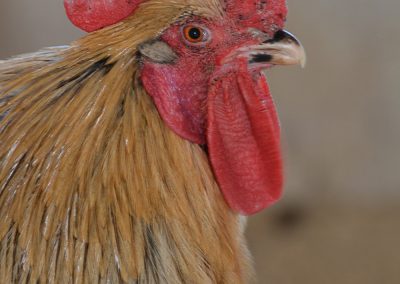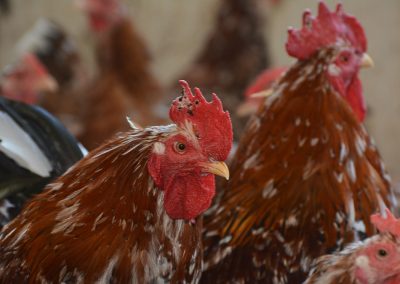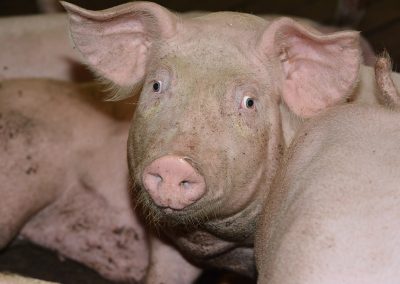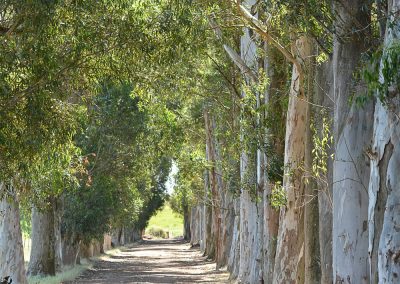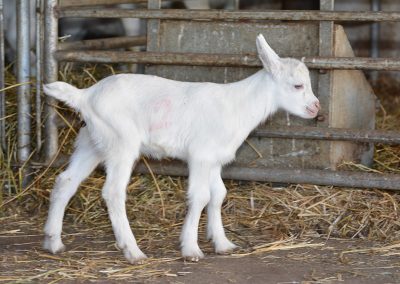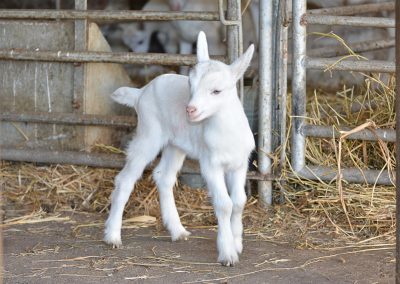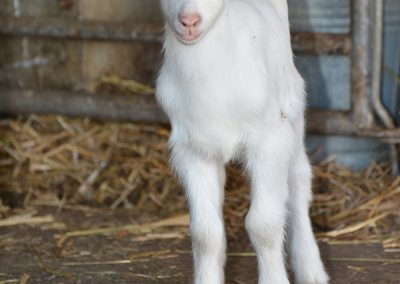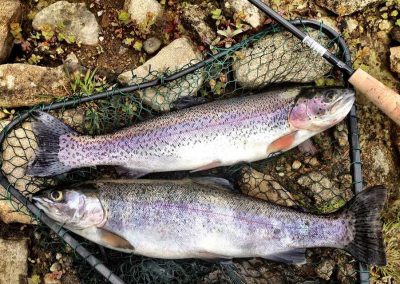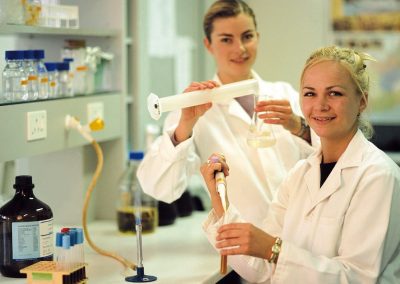AgriSciences
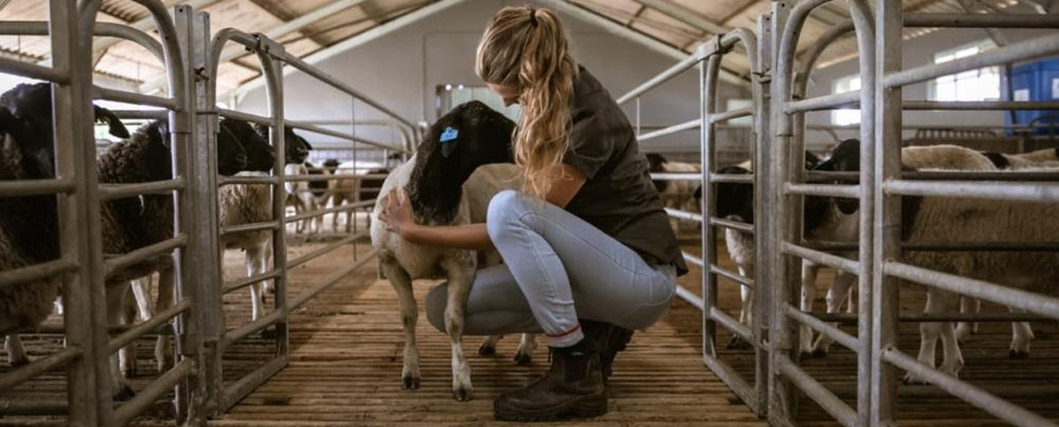
The Department of Animal Science is one of the oldest established departments of its kind in the country and commemorated its centenary in 2021. It has played a major role in the past century offering undergraduate and postgraduate programmes to fulfil the research, expansion and development needs of the agriculture industry in order to improve the quality of life of all South Africans. These complex challenges demand agricultural professionals who can identify opportunities and devise innovative solutions.
Animal Science encompasses the scientific study of the nutrition, breeding, and related physiological aspects of livestock and wildlife species. Training and research focus on production aspects of domesticated (sheep and goats, dairy and beef cattle, poultry and ostriches, pigs, aquaculture) and non-domesticated (wildlife) species.
x
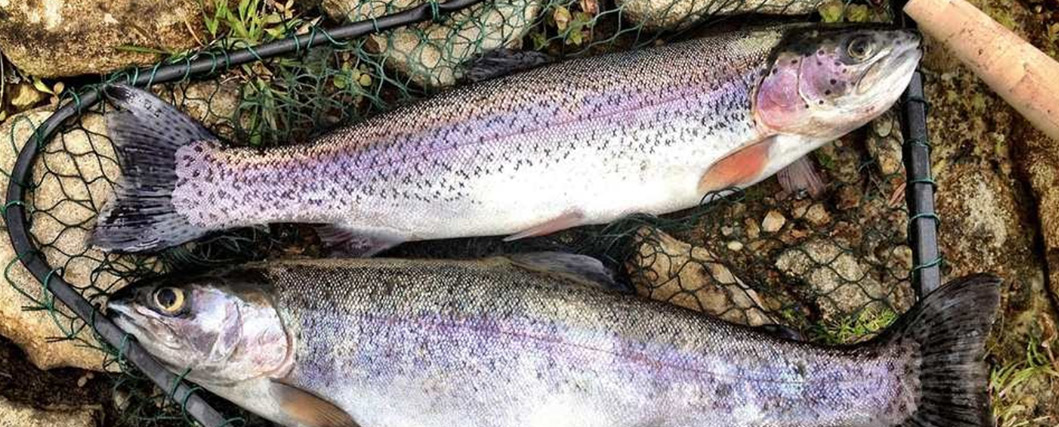
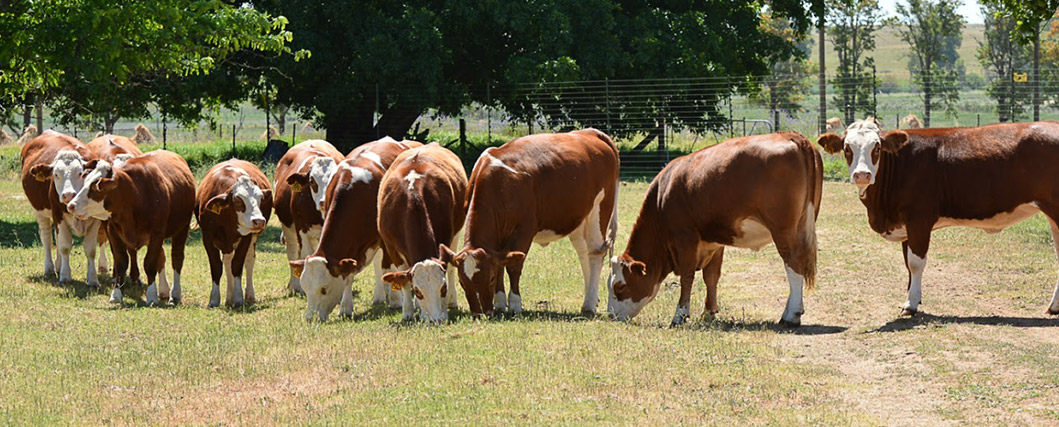
empty
empty tag
What is the difference between the program offered at Elsenburg Agricultural Training Institute and the Department of Animal Sciences?
The programme offered by Elsenburg is a 3-year BAgric programme consisting of six main streams, with components being plant production, animal production, extension, and cellar management. Graduandi from this programme is usually employed in a technical position in the industry. This programme should not be confused with the 3-year BAgric (Agri-business Management) programme that places a strong emphasis on business management and is offered in the Faculty of AgriSciences’ Department of Agricultural Economics.
The Livestock Production Systems programme (a 4-year programme) in the Department of Animal Sciences, is presented at a much more scientific level, with a focus on animal physiology, animal nutrition, animal breeding, and meat science. Animal Science graduates can enter the industry at a technical level, or pursue a postgraduate Masters and/or PhD degree.
What are the career opportunities once I graduate?
The BScAgric (Animal Science) degree will allow graduates to enter the industry at a technical level, where they would interact closely with farmers, providing advice and support aimed at achieving sustainable production practices.
An MScAgric qualification will open up opportunities for such graduates to be appointed in corporate management positions.
Graduates with a PhD (doctoral degree) are able to become entrepreneurs or be appointed in corporate management positions.
Companies/concerns where graduates can be appointed include Government departments (such as the Department of Agriculture), feed companies (such as Epol, Meadows, etc.), premix companies (such as Kemin, Protea Chemicals, etc.), and even pharmaceutical companies (such as Pfizer, Zoetis, etc.).
Why study Animal Science and not Veterinary Science?
Animal Science is an encompassing discipline that involves the physiology of production and reproduction, as well as the nutrition and breeding of livestock and wildlife species. Students that qualify as animal scientists will be able to work in environments where management of livestock and wildlife species is necessary, and they will have a comprehensive understanding of how management impacts on the well-being and production of these species, against the background of challenges such as global warming and associated drought conditions. The responsibility of an animal scientist is to manage animals that they are not more susceptible to diseases due to stress, poor nutrition, etc. – thus preventing the incidence of diseases that impact on production efficiency, sustainable production, and ultimately food security.
Veterinarians are trained to diagnose diseases and treat the symptoms of these diseases. Their training in terms of physiology, nutrition, and breeding, is different to that Animal Scientists undergo. They are equipped to advise on diseases, how to prevent and treat them, but not on management-related aspects that need to be considered to ensure viable, sustainable animal production.




